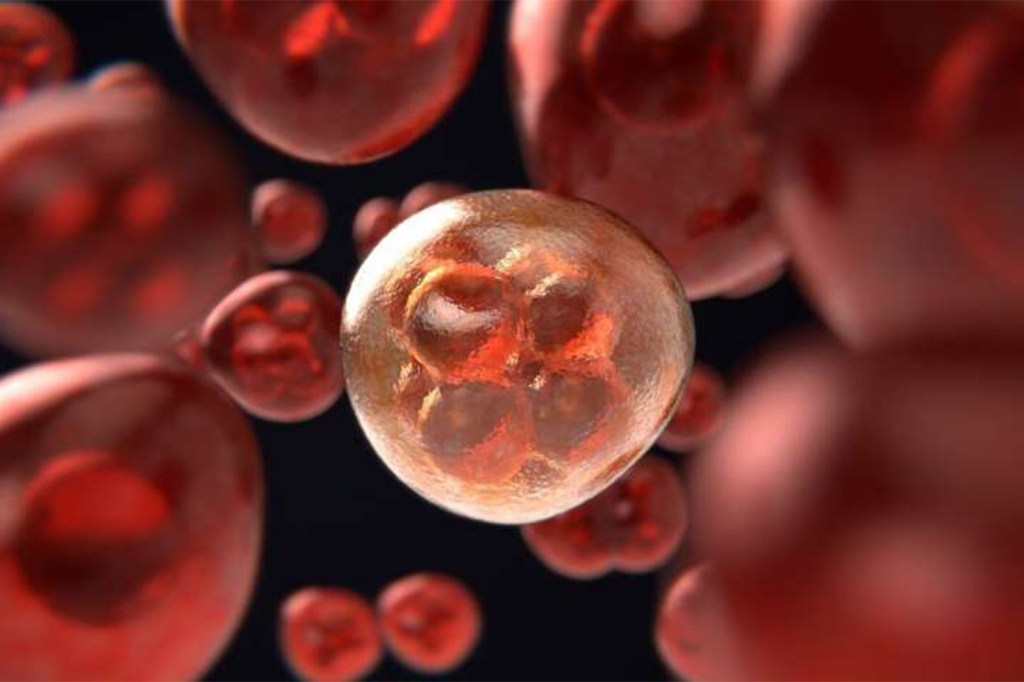Science & Tech
-

Preserving learning in the age of AI shortcuts
In podcast, teachers talk about how they’re using technology to supercharge critical thinking rather than replace it
-

A ‘cocktail’ recipe for brain cells
Stem cell biologists discover how to regenerate type damaged in ALS, spinal cord injuries

-

When you do the math, humans still rule
Harvard’s Lauren Williams, a MacArthur ‘genius,’ joins international effort to challenge notions of AI supremacy
-

‘Imagination’
Less like a picture, more like a video game? Cognitive scientist explains how we ‘see’ what isn’t real.
-

Breaking chess’s rating stalemate
Ranking skill can be tricky when the best players draw more than they win, so a Harvard statistician invented a new method

-
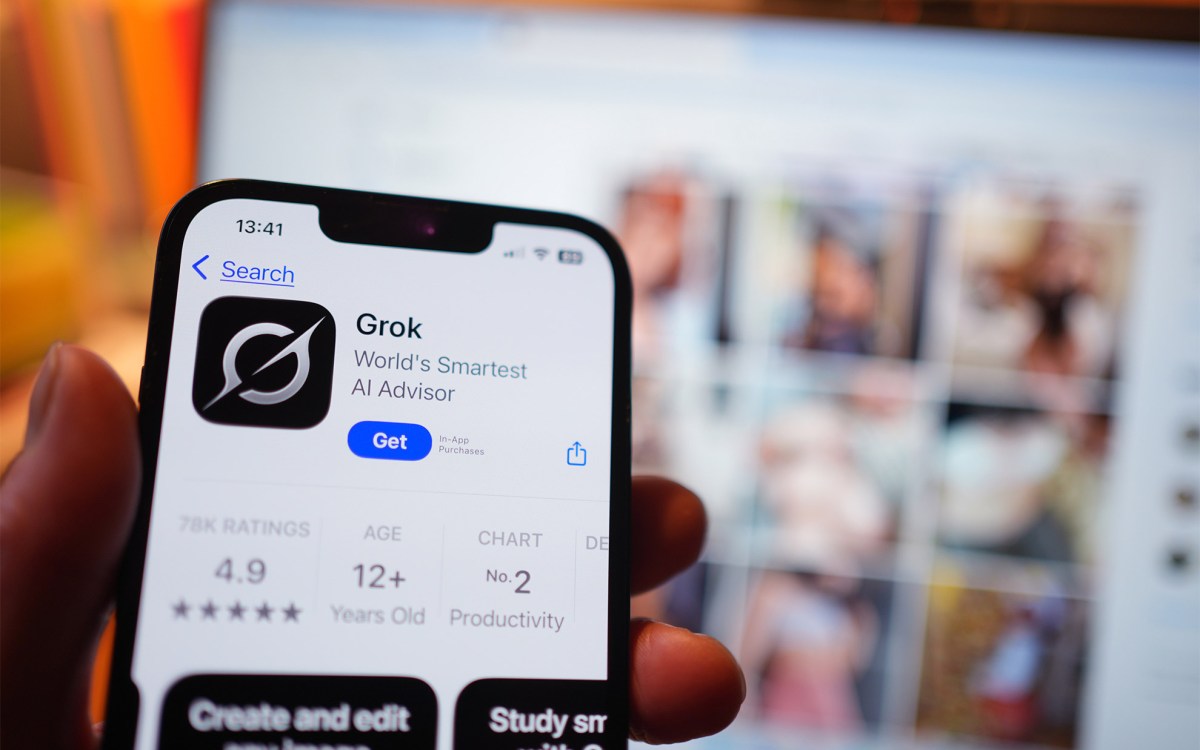
How AI deepfakes have skirted revenge porn laws
Limits unclear when explicit images of individuals look real, but are digitally generated
-
Your shoes were made for walking. And that may be the problem
Toe springs in shoes make walking easier but may come at a cost.
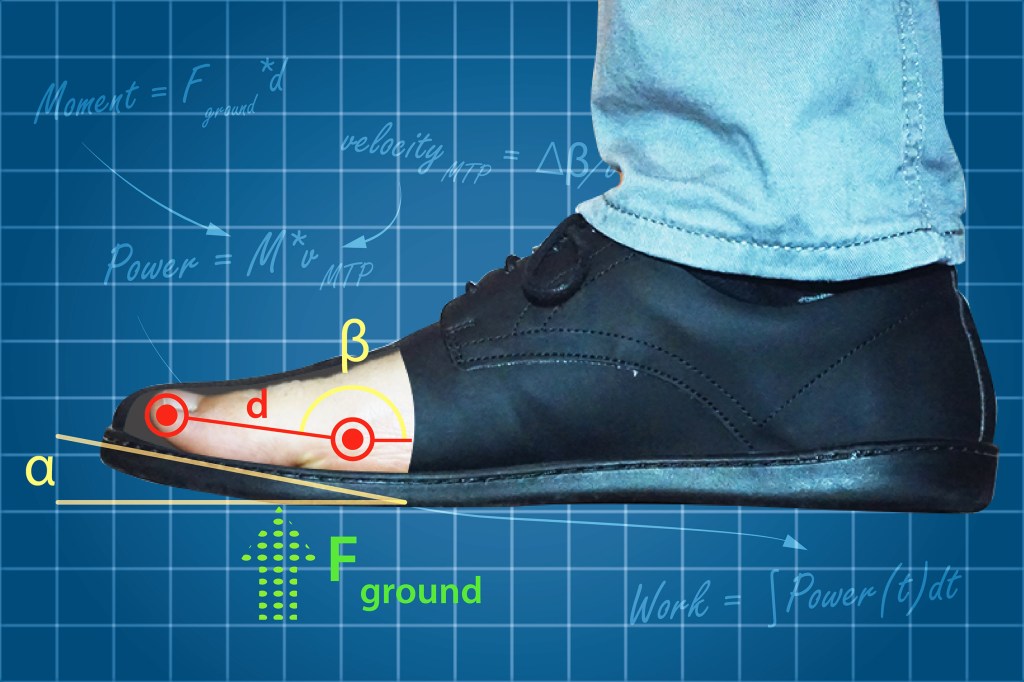
-
How the West became WEIRD
In his new book Joe Henrich looks at how the West became psychologically peculiar and prosperous.
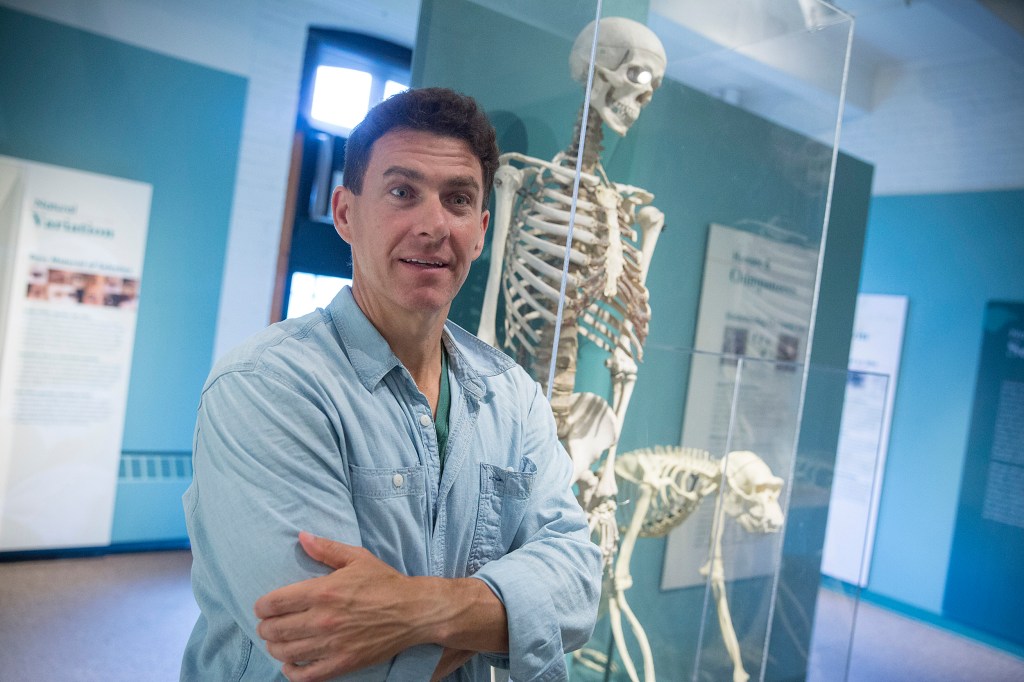
-
On the clock
Researchers have built two machine learning models that gauge biological age and predict remaining lifespan in mice.
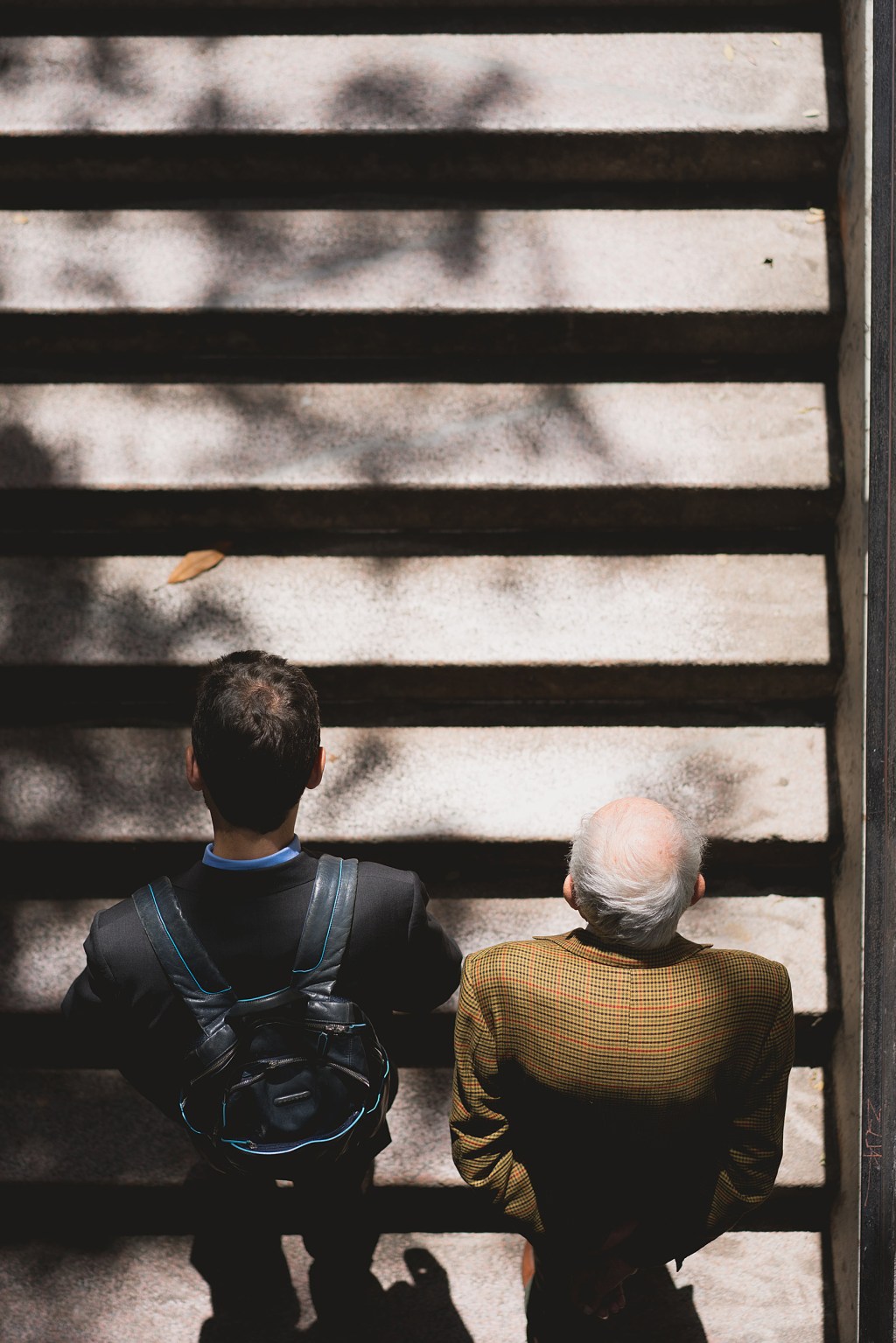
-
Viewing flattened fossils in a new light
Harvard and Chinese scientists study Cambrian fossils using micro-CT and 3D models.
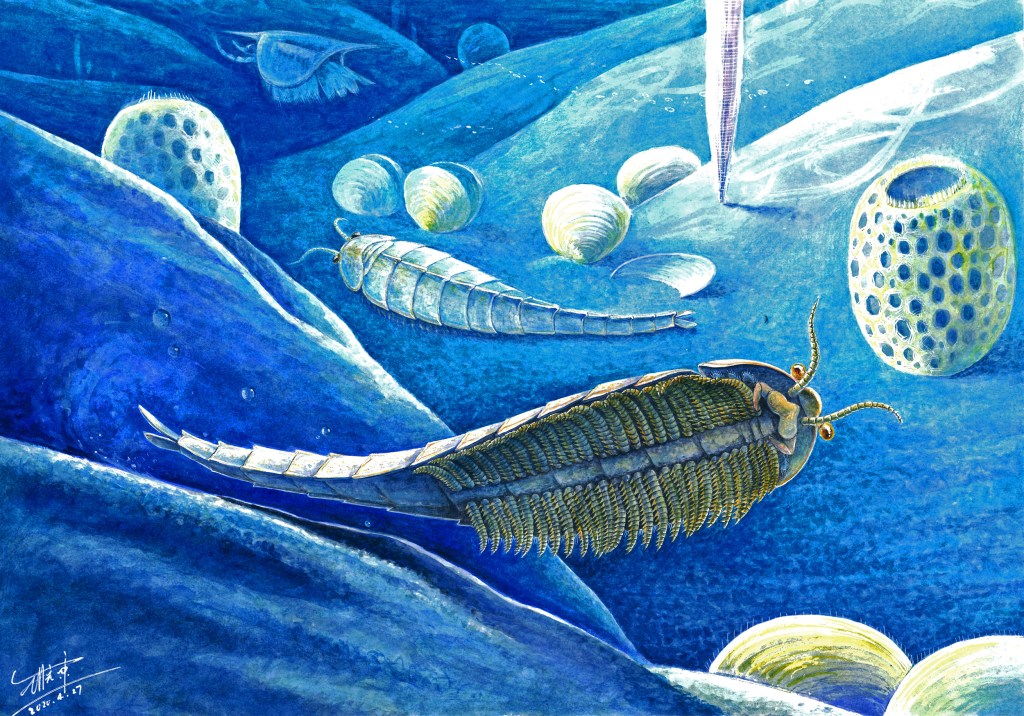
-
A cool first for Harvard
Harvard researchers become the first to cool a polyatomic molecule using light.
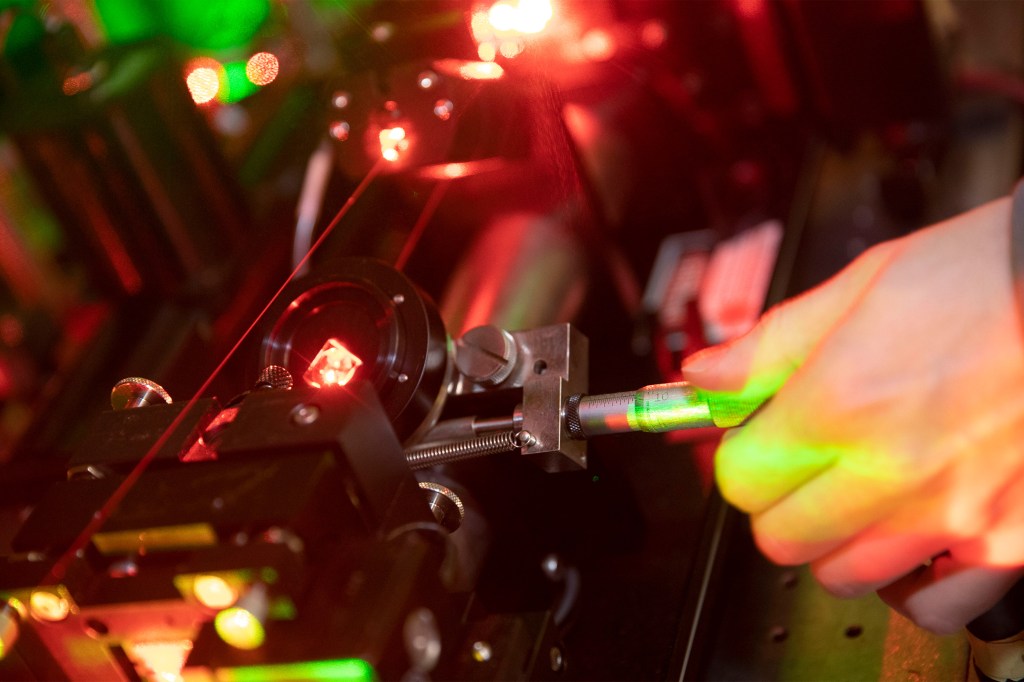
-
Inside Harvard’s COVID tracing effort
A look at COVID-19 contact tracing efforts at Harvard.
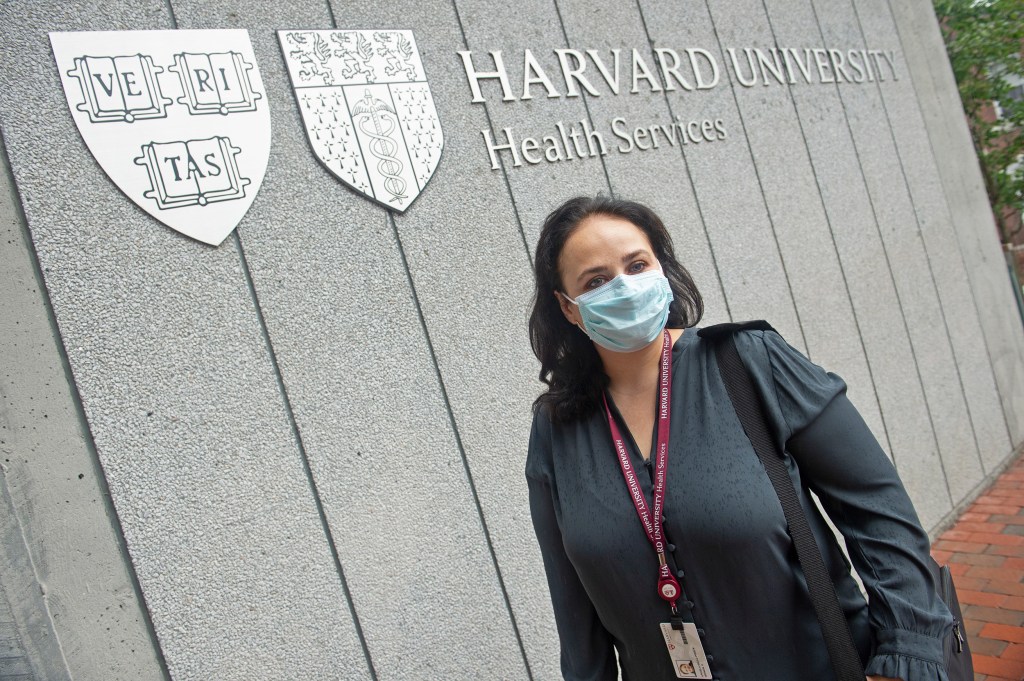
-
Students use computational biology to confront COVID-19
A team of undergrads is using computational biology to create a therapeutic that enables the body to quickly develop COVID-19 antibodies and jump-start the immune system’s battle against the disease.
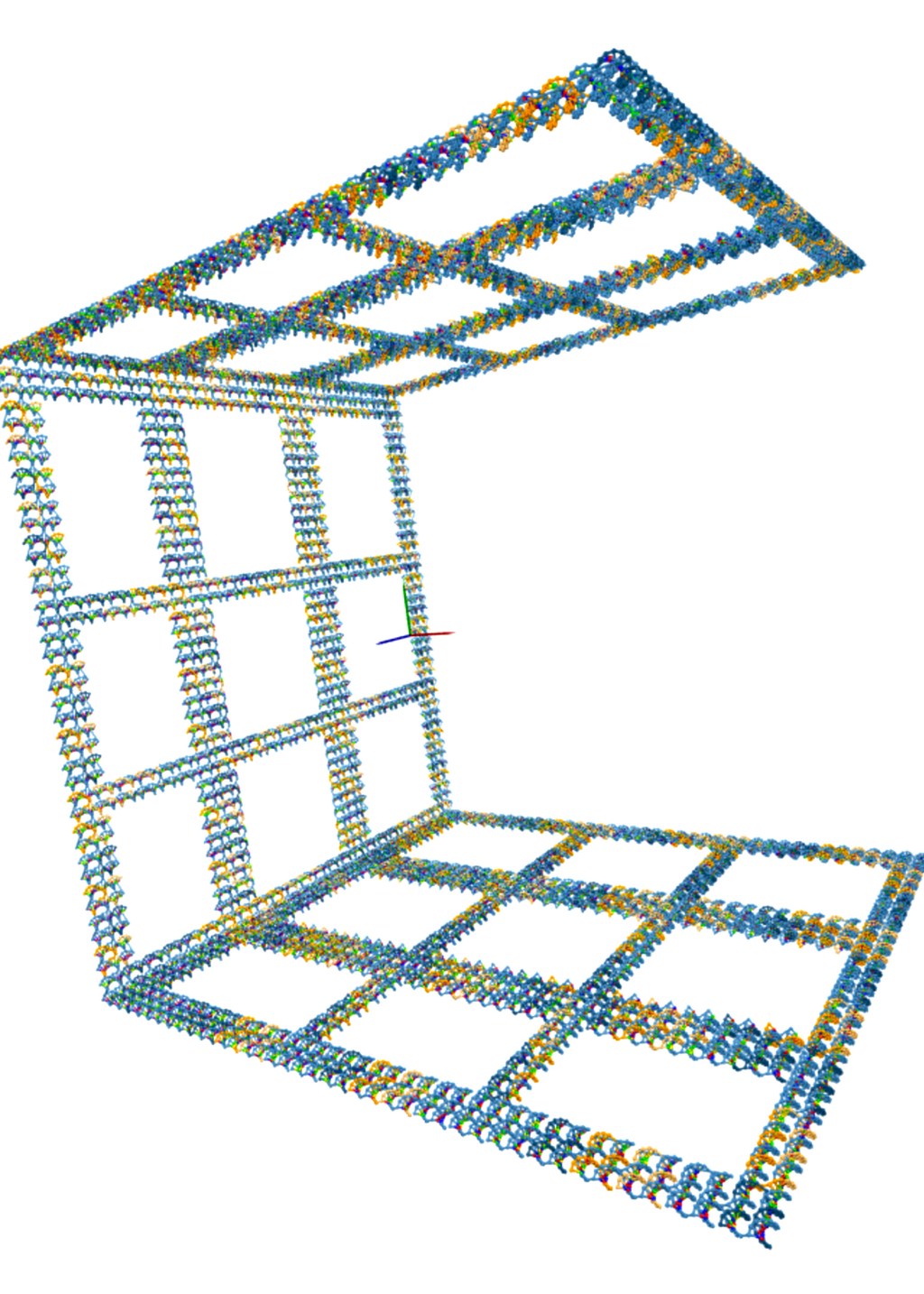
-
Far-out findings from the cosmos
CfA astronomers theorize that the solar system originally had two suns as they further research a sneezing star and ‘Oumuamua.

-
Imagine clothing that stretches or shrinks to fit you
SEAS researchers have developed a material made from recycled wool can be 3D-printed into any shape and pre-programmed with reversible shape memory.
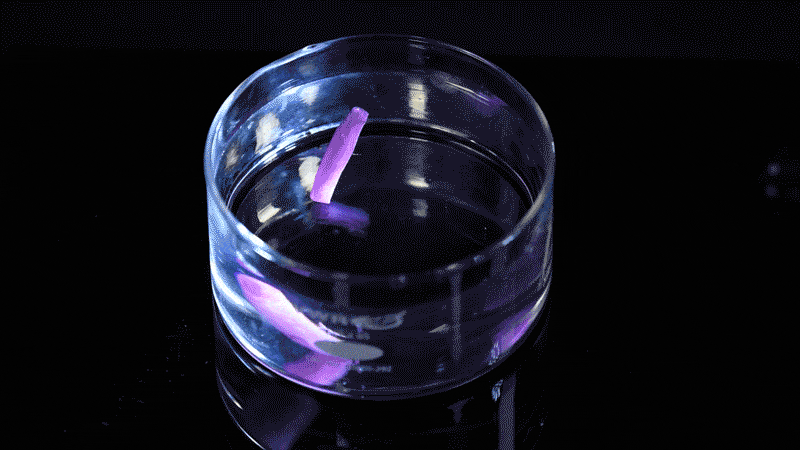
-
Differing diets of bonobo groups offer insights into how culture is created
According to new study, bonobo hunting tendencies show proof of culture
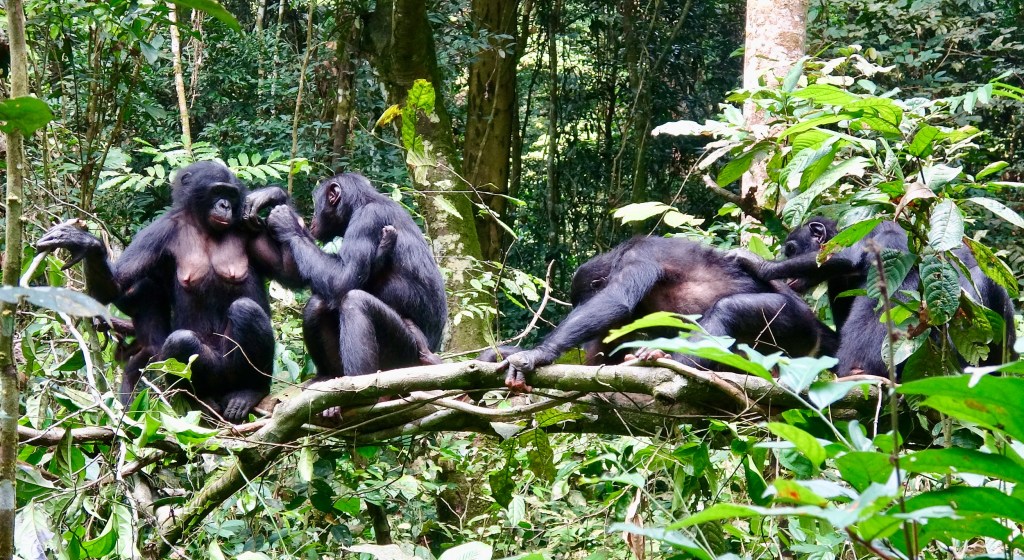
-
Where the wild things are — now that humans are locked down
Researchers led by Christian Rutz, 2019–2020 Grass Fellow at the Radcliffe Institute for Advanced Study, are examining human impact on wildlife using data collected during the pandemic quarantine.

-
Synthetic lining in small intestine may help treat diabetes, obesity
Researchers have developed a synthetic lining that could deliver drugs in a sustained way to the small intestine, offering hope for those suffering from lactose intolerance, diabetes, and obesity.
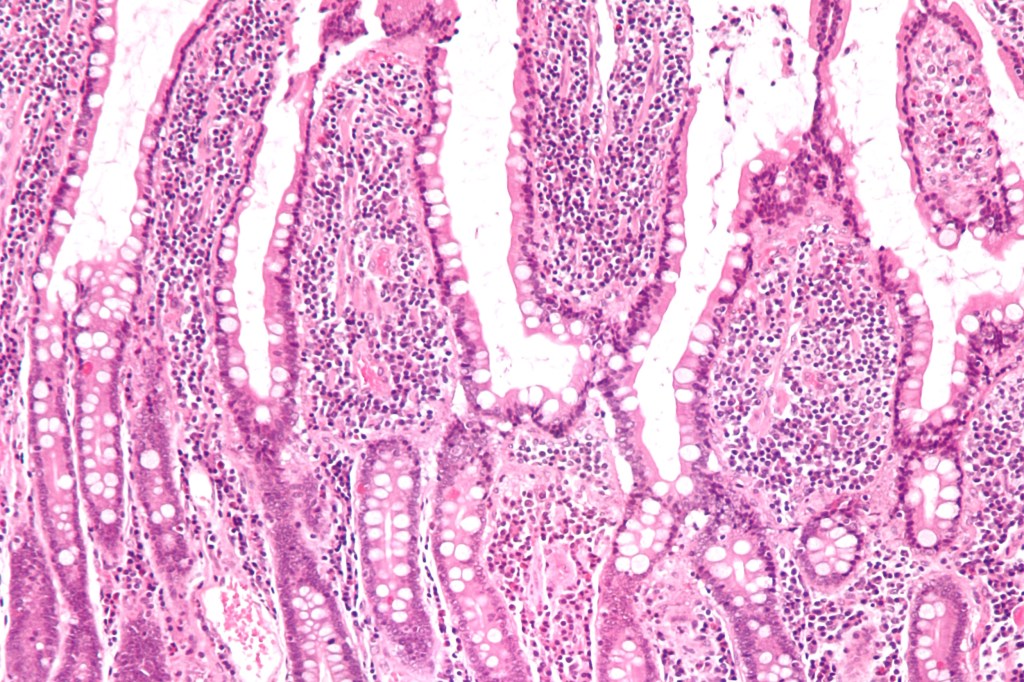
-
Cutting surgical robots down to size
In a collaboration between Harvard and Sony, engineers have brought surgical robotics down to the microscale by creating a new, origami-inspired miniature manipulator to improve precision and control.
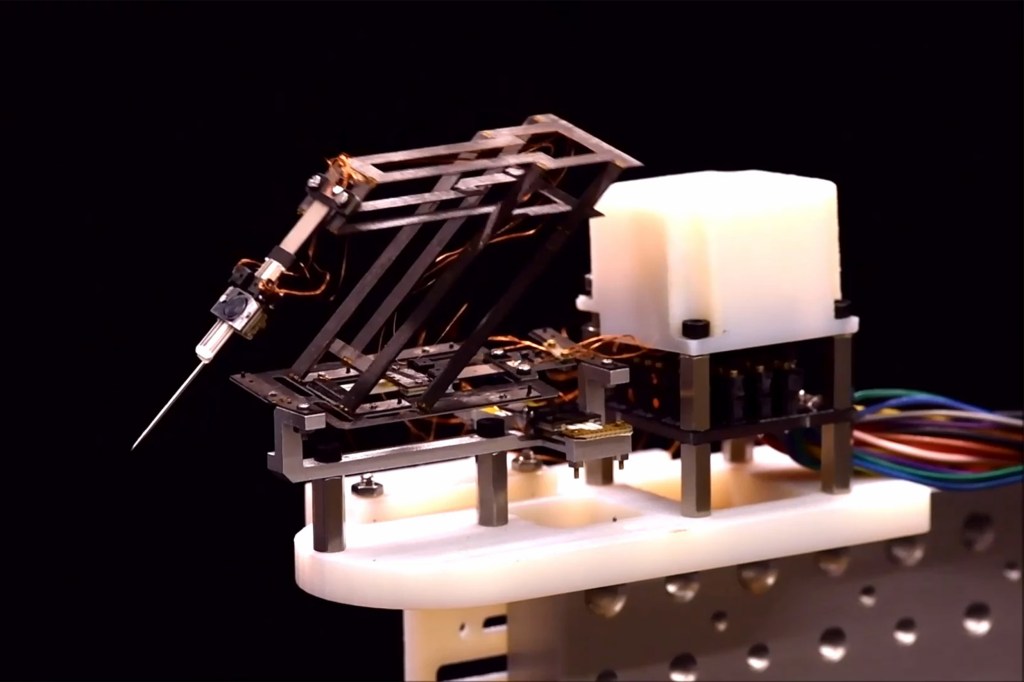
-
How caffeine changed the world
The seductive powers, dark history, health benefits, and harmful side effects of the world’s most-used drug, are included in Michael Pollan’s new audiobook, “Caffeine: How Coffee and Tea Created the Modern World.”

-
Putting a crown on OMNIVAX
A biomaterials-based infection vaccine strategy shows first promise in eliciting immunity against SARS-CoV-2 and could be applied broadly to stave off infectious disease.
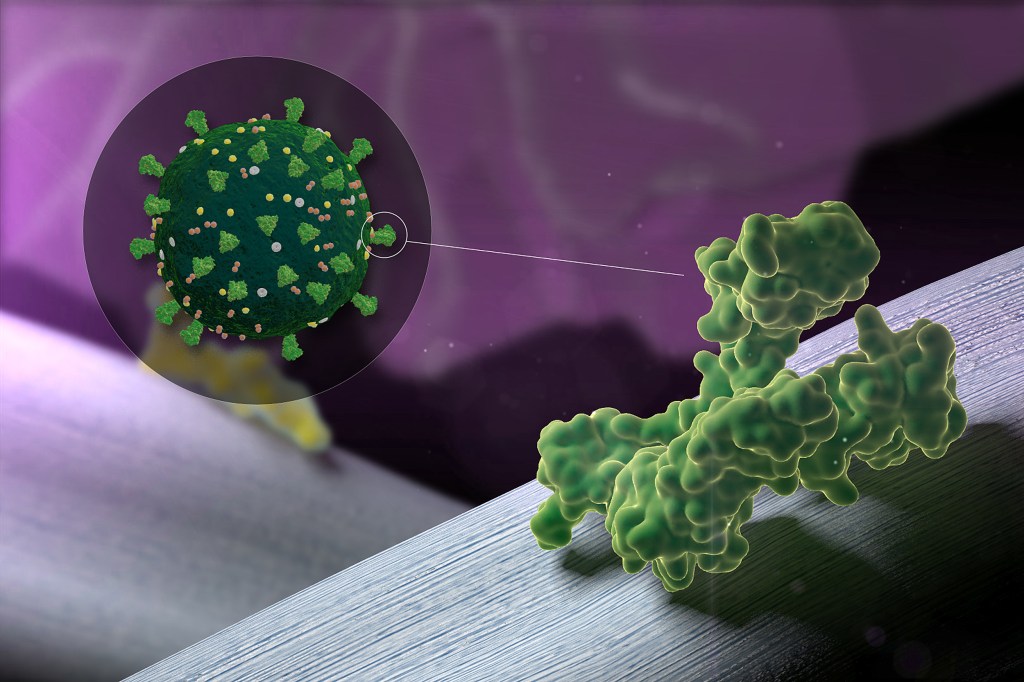
-
7 million face shields and counting
The Wyss Institute made improvements to its face shields based on recommendations from area hospitals. Joining forces with a Mansfield, Mass.-based manufacturer, the institute’s face shields are now being produced at a rate of 400,000 a day.
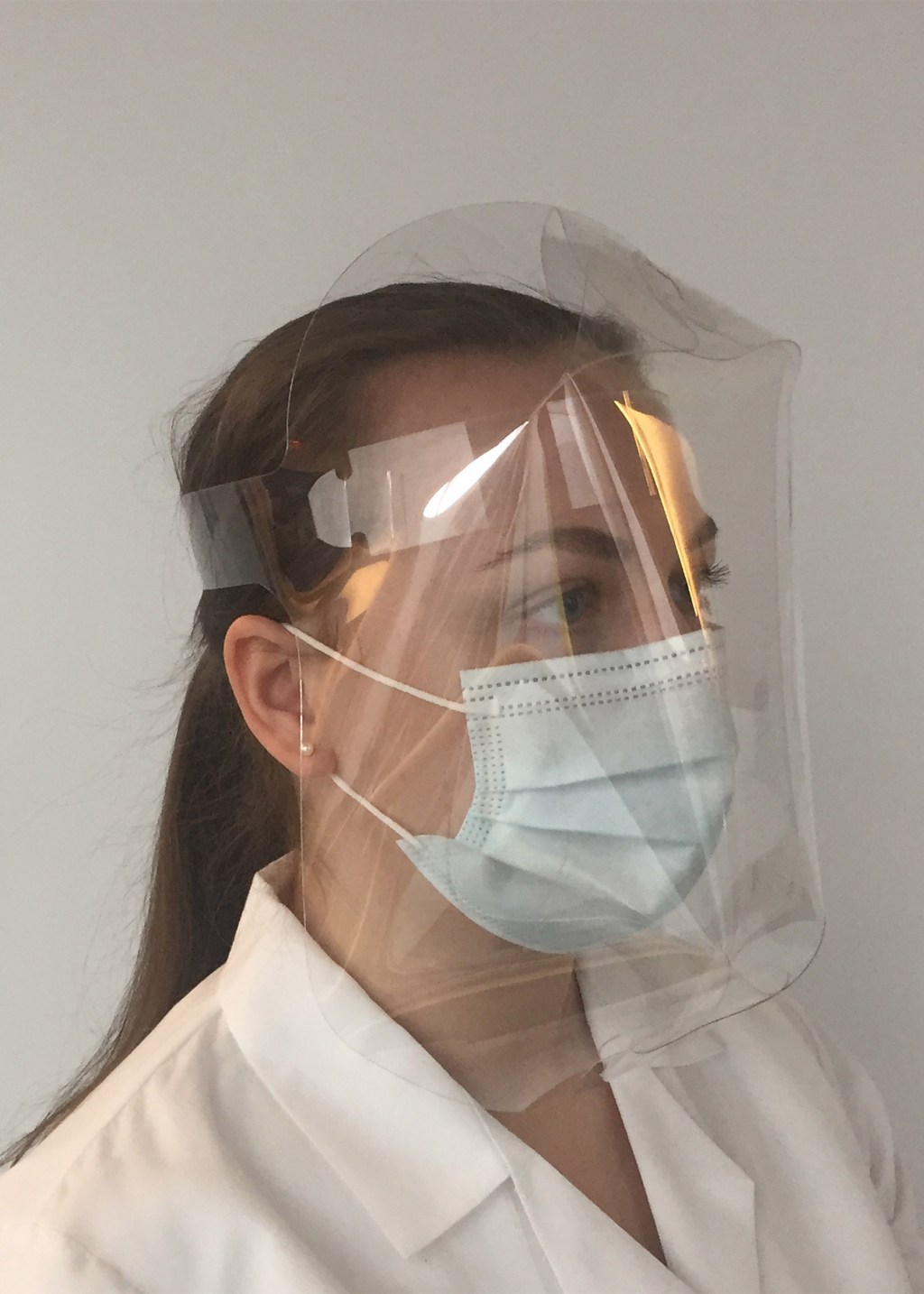
-
Quieting the storm
Acupuncture activates inflammation-regulating pathways, tames cytokine storm in mice.

-
Linking sight and movement
Harvard neuroscientists look at how movement influences vision and perception.
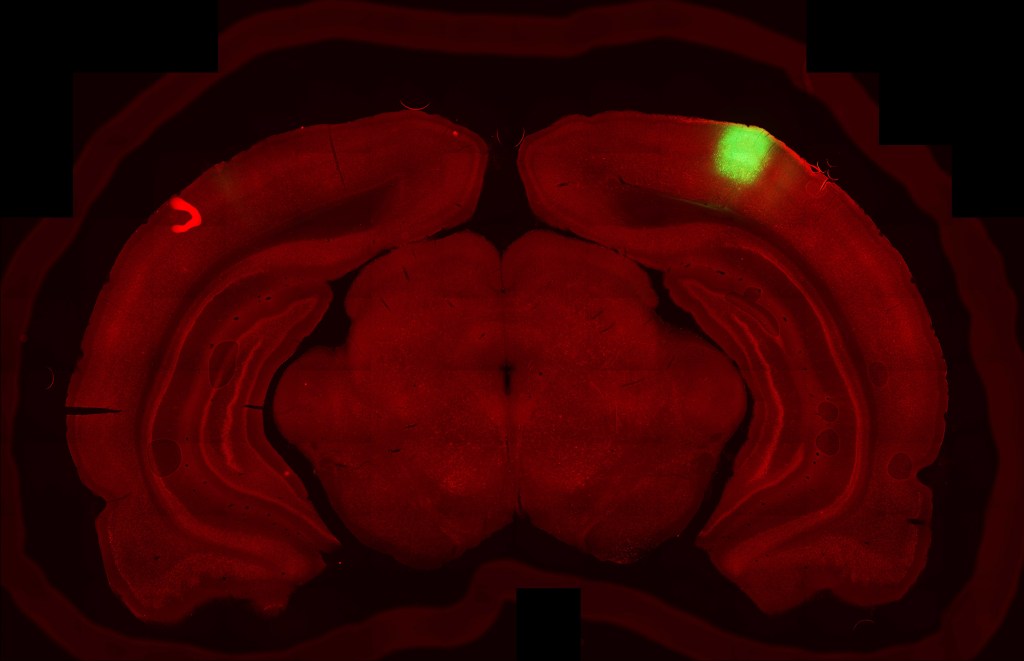
-
A new way to target resistant cancer
Harvard University researchers have identified a unique characteristic of the resistant cancer cells, which could lead to an inhibitor can be repurposed and combined with chemotherapy to improve patient outcomes.
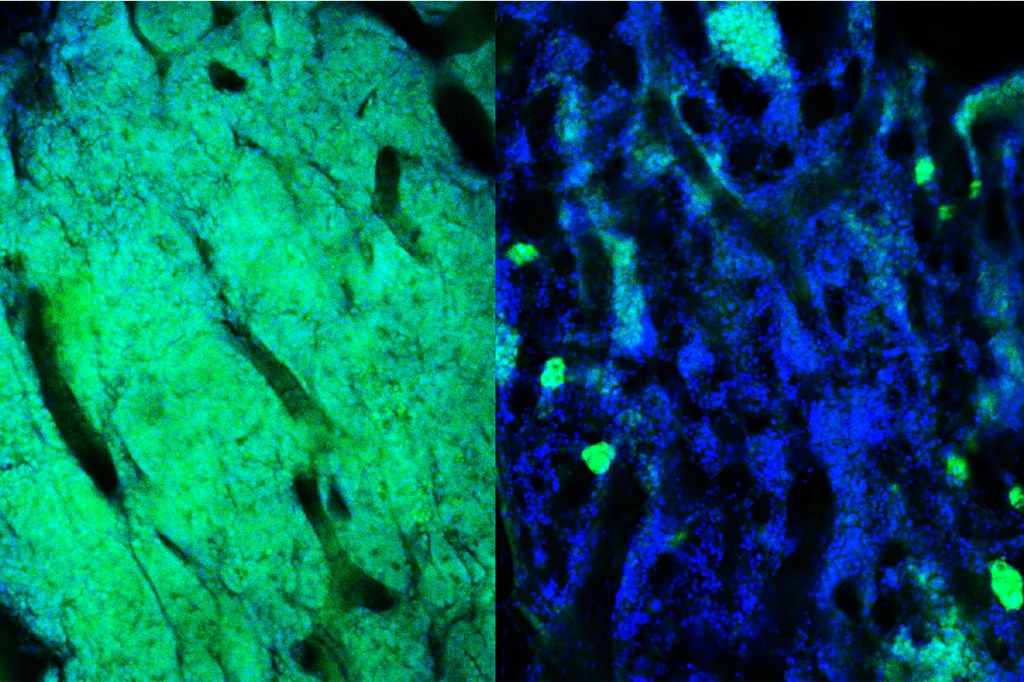
-
Emily Balskus wins $1M Waterman Award
Emily Balskus has won the Alan T. Waterman Award, the National Science Foundation’s most prestigious prize for scientists under 40 in the United States.
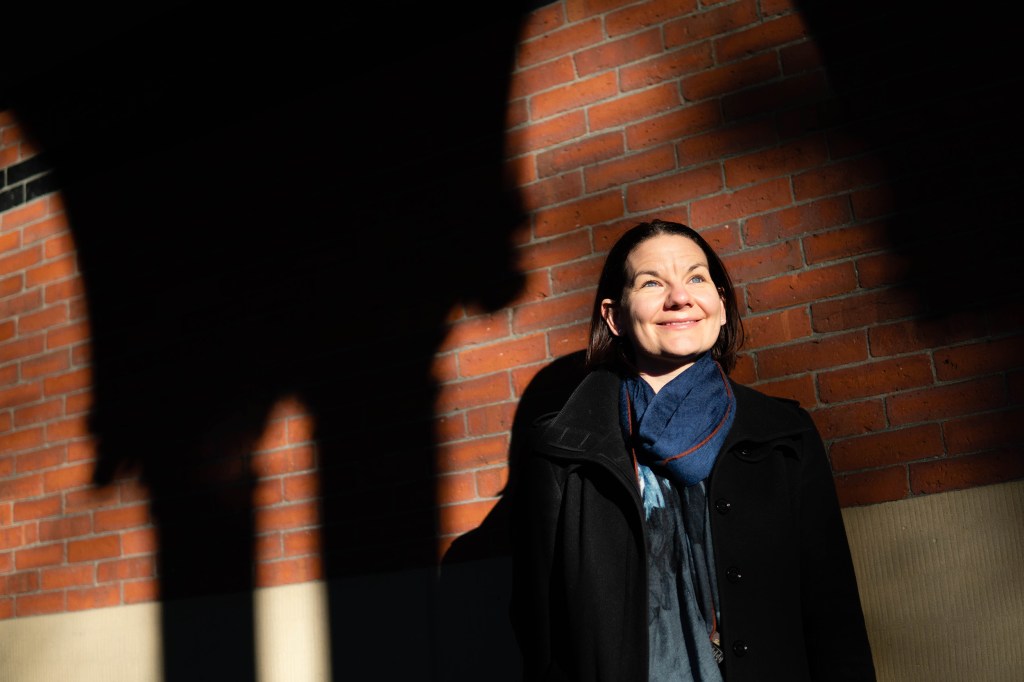
-
How plants adapt to climate change
Researchers at the Arnold Arboretum are studying how maple trees are adapting to climate change.
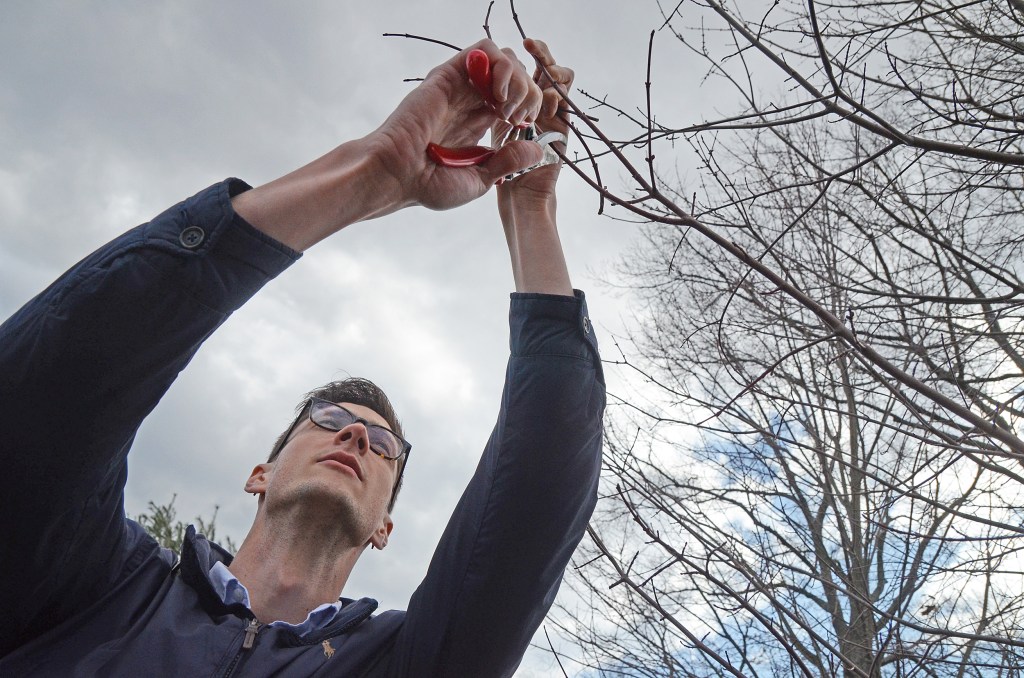
-
In a warming world, New England’s trees are storing more carbon
The rate at which carbon is captured from the atmosphere at Harvard Forest nearly doubled between 1992 and 2015, a 25-year study reveals.

-
New species in an urban ecosystem (read: solar panel)
A new species of bacteria, one that makes its home on the relatively hot and dry surface of a solar panel, was discovered recently at the Arnold Arboretum, offering a lesson that nature’s reach extends even to the artificial.
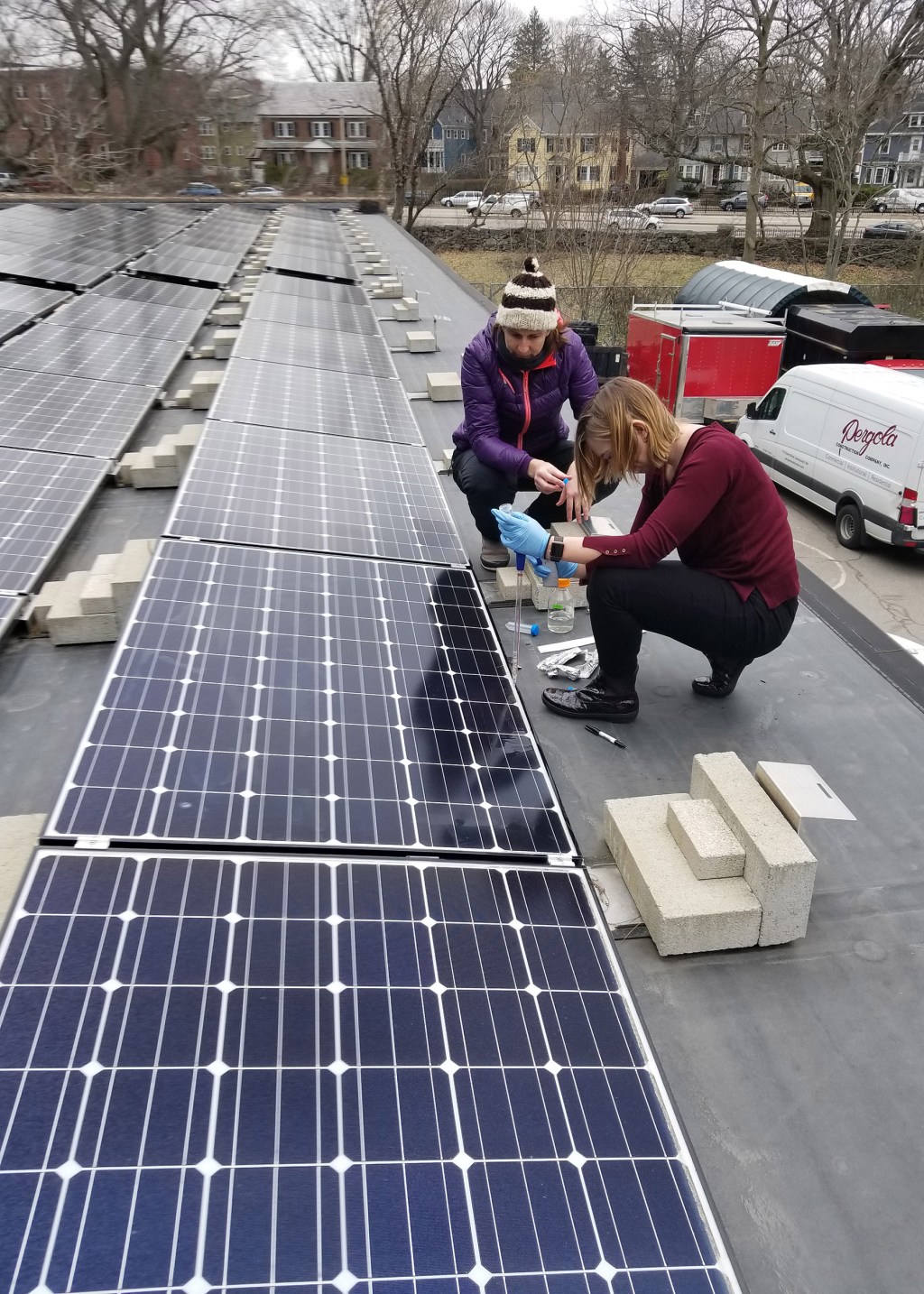
-
A speedier solution for molecular biomedical research
New quantum-classical algorithm brings nuclear magnetic resonance readings closer to “near-term” quantum computing.
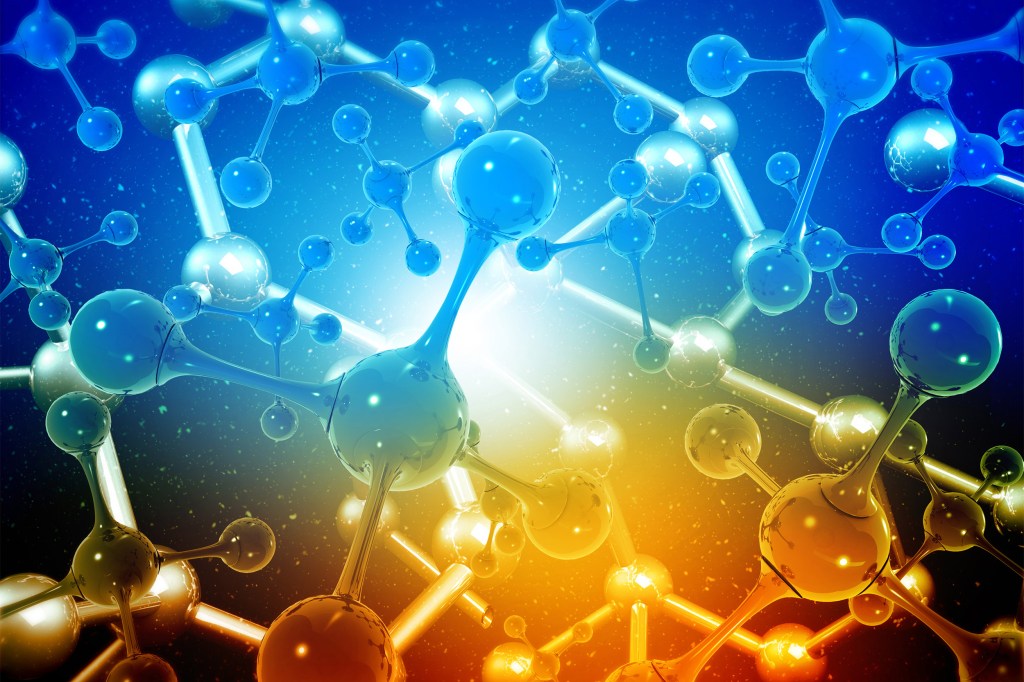
-
This is what a scientist looks like
Project aims to give young students real-life STEM role models

-
Forestalling food waste
With the goal of reducing food waste, a student-developed device predicts when an avocado will be ripe
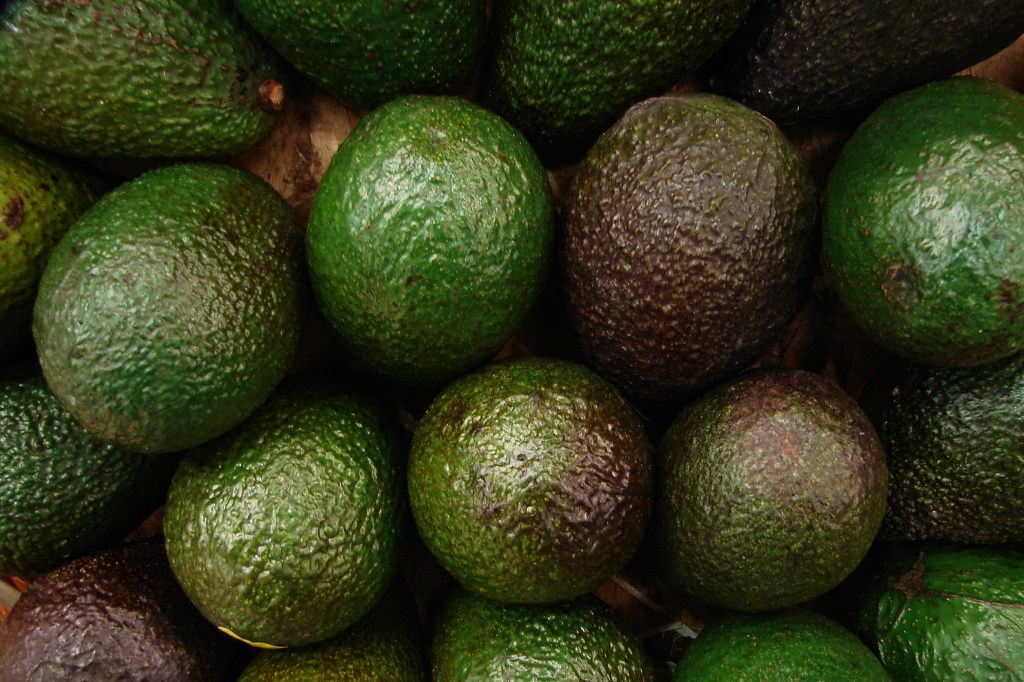
-
Mystery of the missing molecules
When scientists moved from manipulating atoms to messing with molecules, molecules started to disappear from view. Professor Kang-Kuen Ni has figured out why.
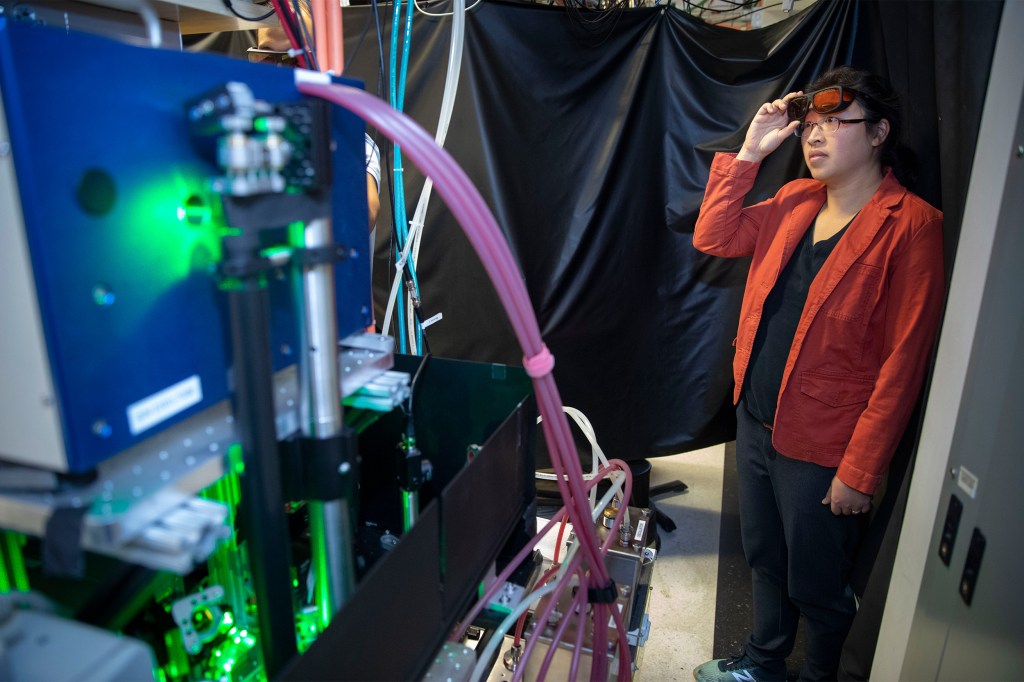
-
Getting under the skin of psoriasis
Researchers have created a treatment that when applied directly to the skin in a mouse model of psoriasis, significantly reduces levels of inflammation and symptoms of psoriasis without systemic side effects.
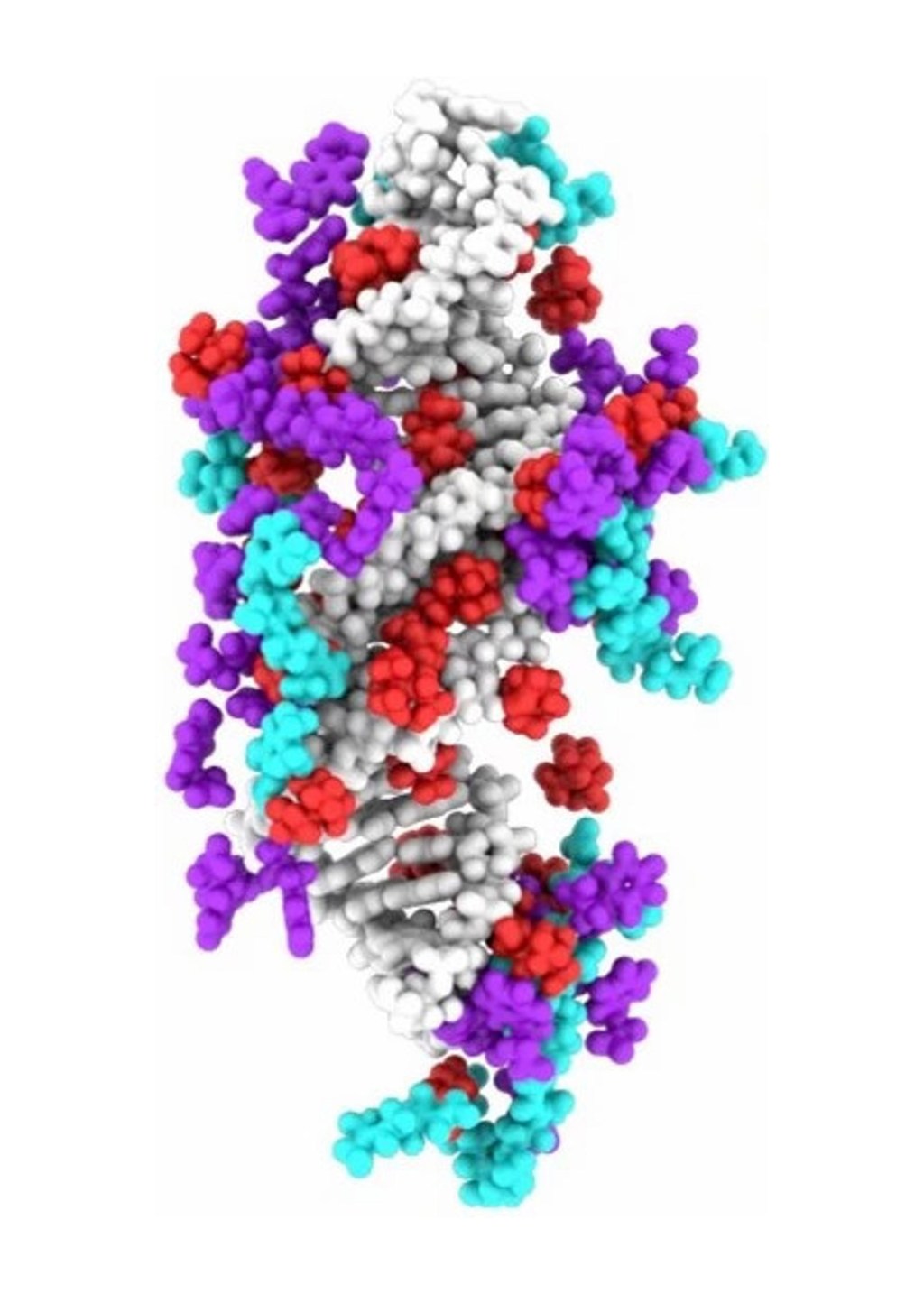
-
A versatile vessel for next-gen therapeutics
The startup company Vesigen will develop and commercialize the drug-delivery technology created in the lab of Harvard Chan School Professor Quan Lu.

-
‘Universal phenomenon’ shared by metastatic prostate tumors
Prostate cancer progresses to a more-dangerous metastatic state by resurrecting dormant molecular mechanisms that had guided the fetal development of the prostate gland but had been subsequently switched off.
